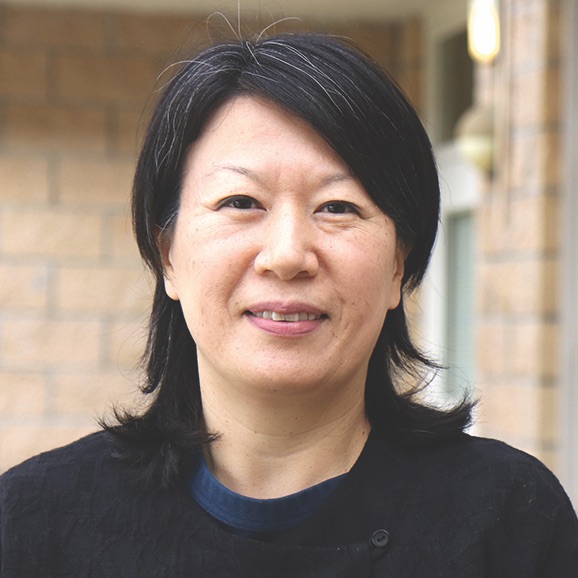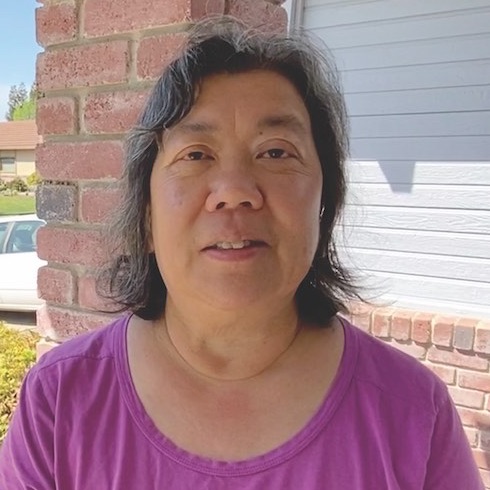Even before the pandemic, life as a caregiver was challenging. Now with COVID-19 redefining our life every day, caregivers are faced with more physical, emotional, and financial burdens that are too much to bear.
More than 40 million people in the U.S. provide day-to-day care for their loved ones in addition to fulfilling their own life responsibilities. Older women care for their spouses with dementia while trying to manage multiple chronic conditions and diminishing mobility. Middle-age adults known as the “Sandwich Generation” help out aging parents while being responsible for the well-being of their children. Millennials have to set aside their aspirations in life and be the primary caregiver for their boomer parents or siblings with severe disabilities. They find that the caregiving journey can be very lonely, unpredictable, and draining, both physically and emotionally.
Caregiving in the Pandemic

Even in normal times, society provided less than adequate social support for this vulnerable population. Now caregiving families are left to their own devices when many of these care resources, formal and informal, are no longer available. In-person day programs, social enrichment activities, and support groups are closed. Family members and relatives who usually share caregiving duties stopped visiting due to the fear of the virus. It takes extra time and energy to make a medical appointment or arrange rehab services, if available. Hiring in-home help is an extremely anxiety-inducing task for some families, who chose rather to provide care without any respite.
Deprived of social outlets and support, many caregivers and their loved ones are noticing difficulties with their mental health. Constant worries and vigilance are tiring. People with dementia do not understand this new reality and this can make proper caregiving more stressful. Family relationships are affected when disagreements and conflicts build up. Caregivers whose loved ones are at care facilities mourn the loss of in-person contact and companionship. Working caregivers, who lost their jobs, have to deal with their own financial insecurity and fear of not being able to provide for their care receivers, as well. It is not surprising that caregiving families are increasingly suffering from issues such as anxiety, sleep problems, and depression.

Yet, it is more important than ever for the caregivers to pay attention to their self-care and mobilize any resources they can use to support them through this difficult time. Caregiving is more manageable and rewarding when the caregivers are surrounded by people who are willing to listen and help problem-solve.
Please take some time to assess your level of physical strain and mental stress. Do not hesitate to ask for help from your network of friends and families. Utilize professional help available in your community. The ACC Caregiver Support Program has proudly served caregiving families in Sacramento County since 2008. Care assessments and consultations, benefit reviews, service referrals, and support groups continue to be provided via phone calls, email, mail, and online at no cost.
At one point in our lives, we may all find ourselves in the position of caring for someone we hold dear. It is the most private and precious act of love, but requires the collective efforts from people around us and broader society to be successful. Please remember that you are not alone in this journey and reach out for help.


Add a Comment